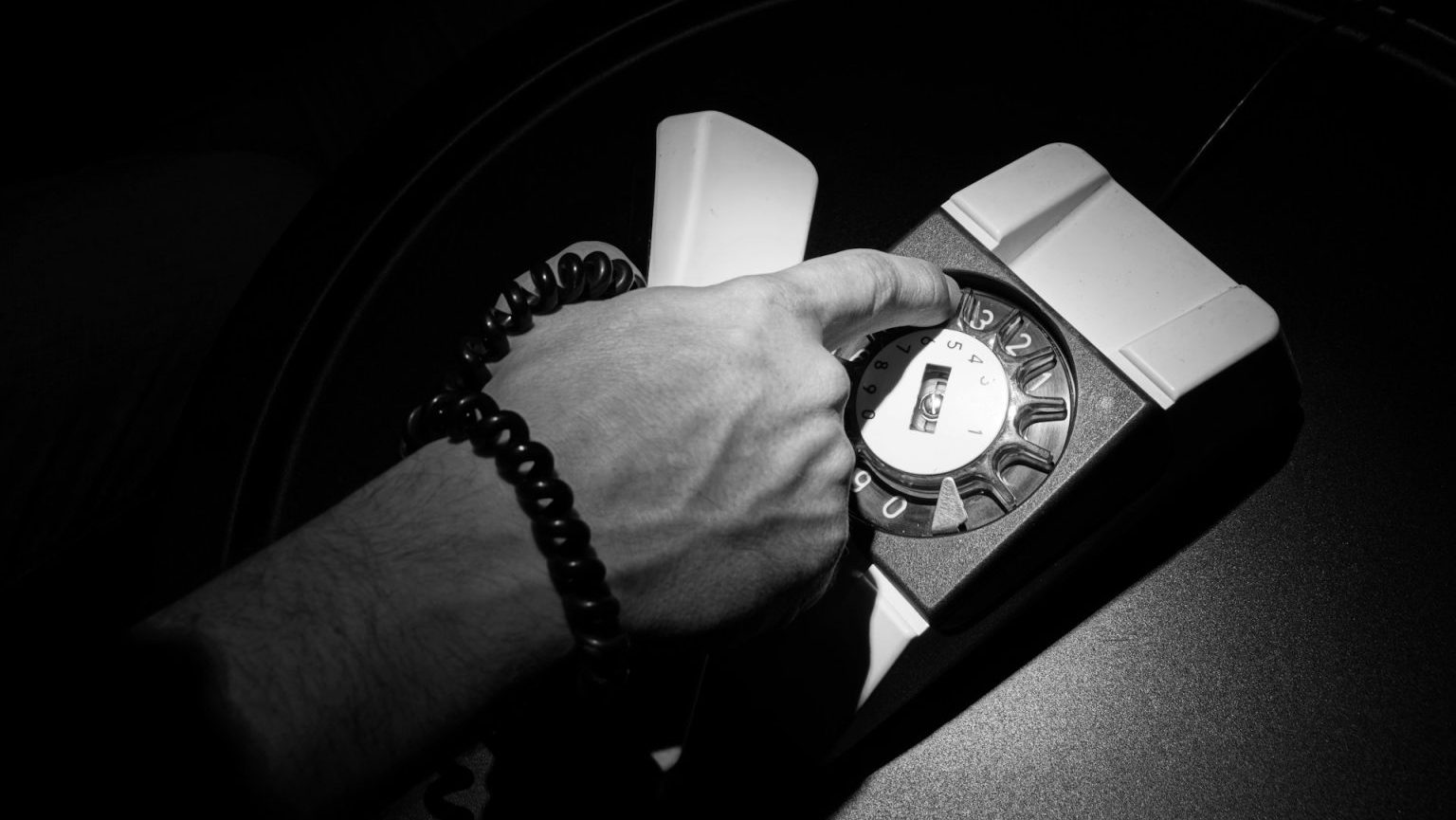Where does diplomacy fail, and when does force take over?
Question: Where does diplomacy fail, and when can a president use force?
Ted Sorensen: Force should always be used as a last resort. Diplomacy which is backed by the possibility of superior force, frankly, is sometimes more effective diplomacy. But diplomacy should always be tried first, particularly in the age of weapons of mass destruction. We had some military folks around – not Maxwell Taylor, our Chief of Staff I hasten to add, but we had some – who thought the United States could win a nuclear war. There’s no such thing as winning a nuclear war. And war, as President Kennedy said more than once, is total folly in the nuclear age. So diplomacy is necessary. In the Cuban Missile Crisis, the recommendation that we begin as a first step by bombing the Soviet’s nuclear missile sites in Cuba – had we accepted that advice, you and I wouldn’t be sitting here talking about this today. We now know that the Soviets, in addition to those nuclear strategic weapons, had tactical weapons on the island of Cuba, and the authority . . . the local commanders and authority to use those tactical weapons on their own. And they used nuclear weapons against the United States under the rules of engagement, if you can call them that, in those days . . . those mad days of MAD – Mutually Assured Destruction. United States would have responded probably with tactical nuclear weapons. But once you get on that nuclear ladder, pretty soon the other side is trying strategic weapons. We respond with strategic weapons. You keep going until neither country is left and nuclear fallout . . . radiation is spread by wind and water to the far corners of the earth, and the planet earth has extinguished itself.
Question: Nuclear weapons are not the weapon of choice anymore, are they?
Ted Sorensen: That’s correct, because even back in those days there was a war game in which United States would use . . . study the use of tactical nuclear weapons in Europe. It turned out that because of the prevailing winds and otherwise, the radiation blew back and we destroyed far more of our allies and ourselves than we did of the enemy. Nuclear weapons are simply not that useful. Held in reserve, as I say, they can at least get some people to talk to you. But when used, they are no assurance of anything except tragedy.
Recorded on: 1/30/08





